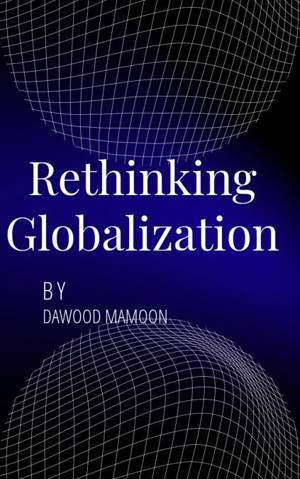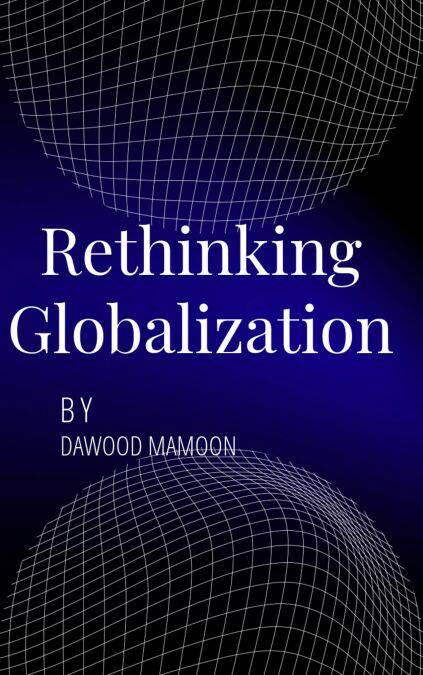
- Retrait gratuit dans votre magasin Club
- 7.000.000 titres dans notre catalogue
- Payer en toute sécurité
- Toujours un magasin près de chez vous
- Retrait gratuit dans votre magasin Club
- 7.000.0000 titres dans notre catalogue
- Payer en toute sécurité
- Toujours un magasin près de chez vous
Description
Globalization in economics sciences means the movement of goods and services and financial flows along international borders. The book presents a rich literature review to establish the efficacy of globalization in raising income levels across nation states as well as it is foundational to economic development of a nation state. However, with a recent trade war between US and China, it is now understood that globalization that started with reduction in trade barriers across nation states in 1980s is concluding. Notwithstanding the conclusion of hyper globalization after US and China trade war when President Trump imposed multi-billion dollars of tariffs on Chinese imports in 2016, international trade is still central to every country's national progress through foreign exchange earnings. This book analyses how globalization can be interacted with socio-economic variables like rule of law, educated population or democracy to create an effective pro poor strategy for developing countries. If international trade is embraced without having significant improvements in social sector, globalization may create income disparities because international trade and globalization favors urban areas and educated segments of the population in developing countries.
Spécifications
Parties prenantes
- Auteur(s) :
- Editeur:
Contenu
- Langue:
- Anglais
Caractéristiques
- EAN:
- 9798224443604
- Date de parution :
- 16-03-24
- Format:
- Ebook
- Protection digitale:
- /
- Format numérique:
- ePub

Les avis
Nous publions uniquement les avis qui respectent les conditions requises. Consultez nos conditions pour les avis.






